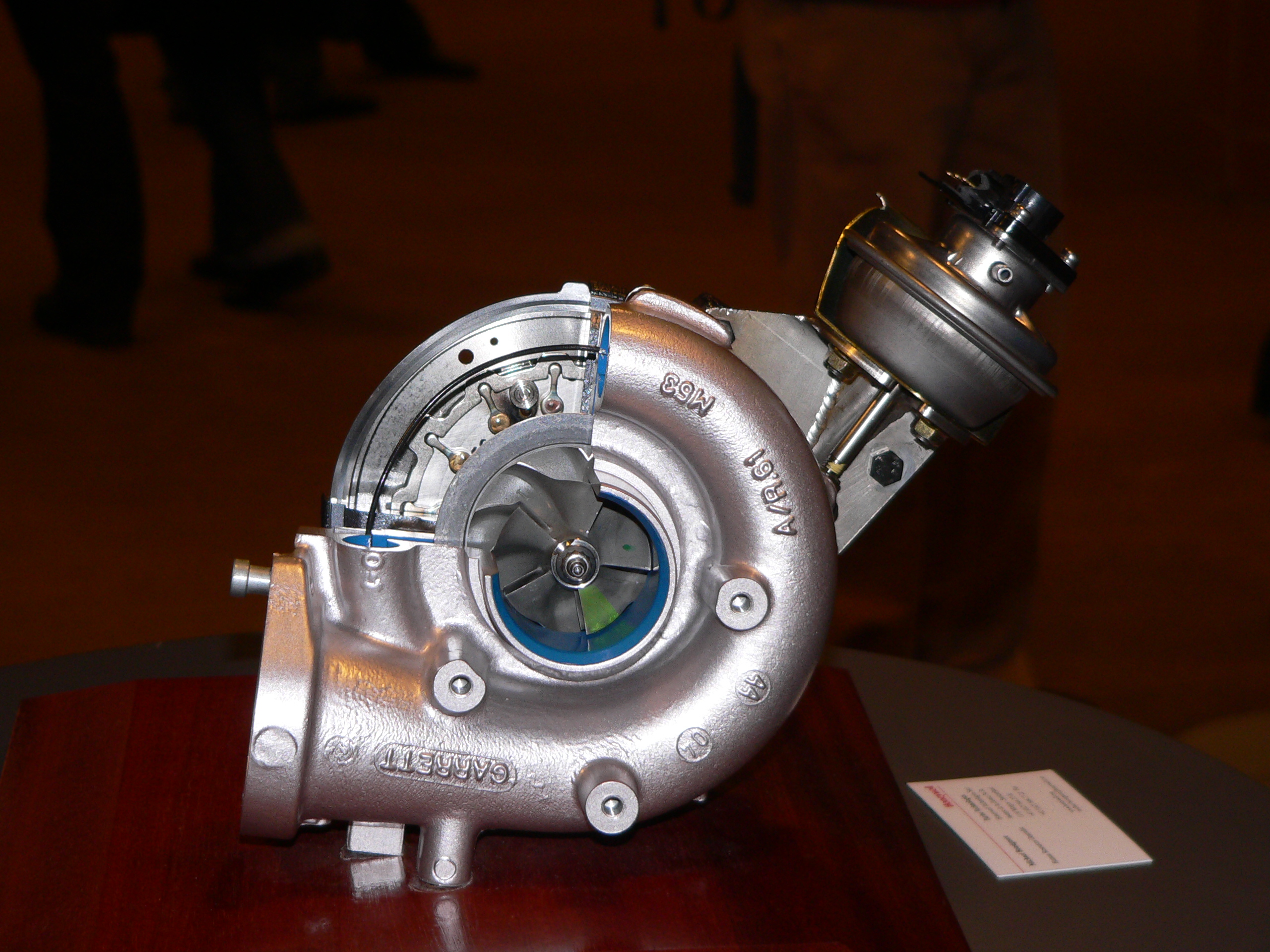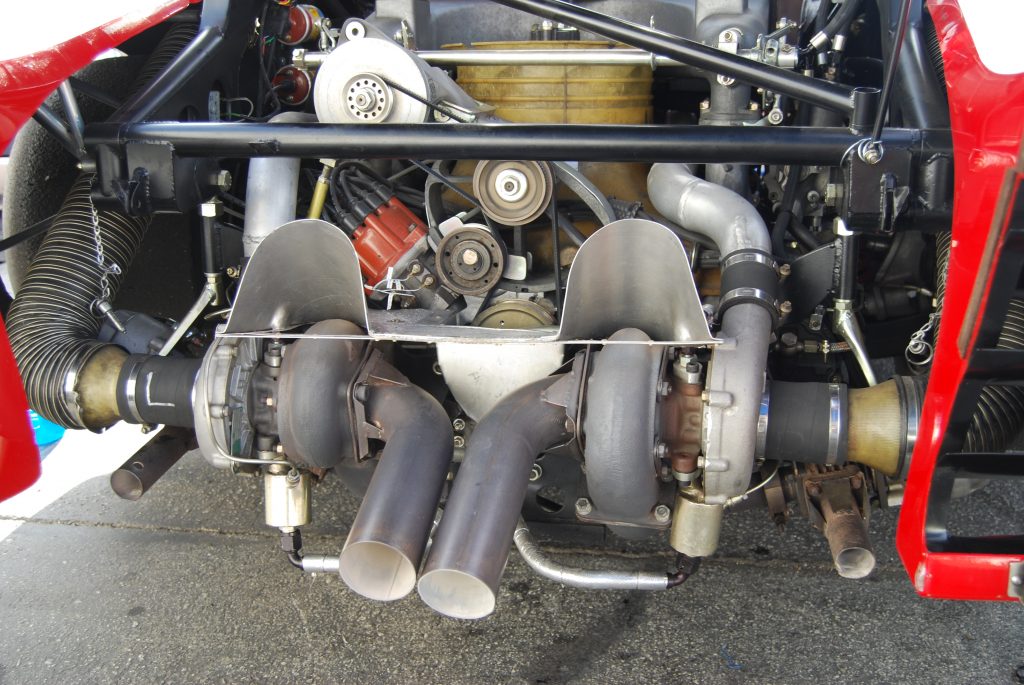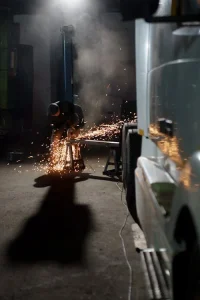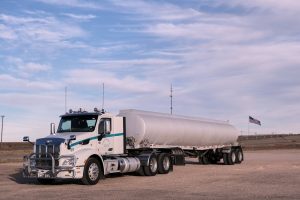Summary
– Origins of the turbo whistle
– Whistling turbo: useful recommendations
– Whistling turbo: low mileage breakdowns
Turbocharger hissing can be a warning sign that the turbocharger may break; however, a turbo always makes a hissing sound, more or less; you should be concerned when the hissing becomes louder.
Here we will talk about this abnormal occurrence, its causes and consequences.
Origins of the turbo whistle
There are two possible causes for whistling.
Feeding hose or pierced exchanger
In this case, the whistling will occur exclusively at acceleration and may take the form of a blowing sound (it is the pressurized air escaping through the leak that causes this noise).
To locate this leak, a visual inspection of the supply hoses and the exchanger is necessary. This can be followed by a tightness check of the air intake circuit.
Deteriorated turbocharger
A deteriorated turbocharger typically makes a hissing sound when the pressure is applied and when decelerating. It is often due to a lack of lubrication of the turbocharger bearings.
In this case, the turbo’s deterioration happens quickly and can lead to engine failure (the compressor blades break and pass into the combustion chambers).
Whistling turbo: useful recommendations
The high rotational speeds of the turbo (~ 150,000 rpm) make it vulnerable. Serious maintenance and a few tricks will preserve it.
Maintenance
It must be followed and the oil changes made according to the manufacturer’s recommendations (and even with a reduced frequency if the recommended intervals are too long (30,000 km or more).
The engine oil must be the specific one recommended by the manufacturer (viscosity – specificity – approval by the manufacturer).
Here are some driving tips for preserving your turbo:

– When starting: wait for the oil circuit to build up pressure, do not start while accelerating; this will prevent the turbo from rotating at high speed without being greased. Do not pull into the engine when it is cold and wait for it and the engine oil to warm up.
– When the vehicle is stopped: stop the motor only when it has returned to idle; otherwise, the turbo may run without oil pressure.
Whistling turbo: breakdowns at low mileage
Some vehicles have recurring engine weaknesses and are covered by manufacturers’ warranties.
Turbocharger breakage is known to professionals; some turbochargers break at only 30,000 or 40,000 km (the average life expectancy for this component is 150,000 to 200,000 km).
It is necessary to observe a few points to benefit from the warranty.
Regular maintenance
If possible, maintenance should be undertaken in the seller’s approved network, at least during the warranty period.
Maintenance book correctly filled in
Always check its conformity and the presence of the stamp of the workshop on your notebook.
Checking that the maintenance conforms with your type of vehicle
Manufacturers provide close maintenance for severe use or specific vehicles.
Make sure that the dealer or agent applies the correct frequency.
A partial refund of the warranty
Even for a very low mileage turbo breakdown, the manufacturer will always offer you a partial refund.
Don’t give in to this blackmail; write a letter to the brand’s sales department and, if necessary, have counter expertise carried out (covered by your insurance).
Hope this post helps you out. Should you wish to read on something more specific, please do not hesitate to jot down your request below. Remember to share and comment.
You can further read:




